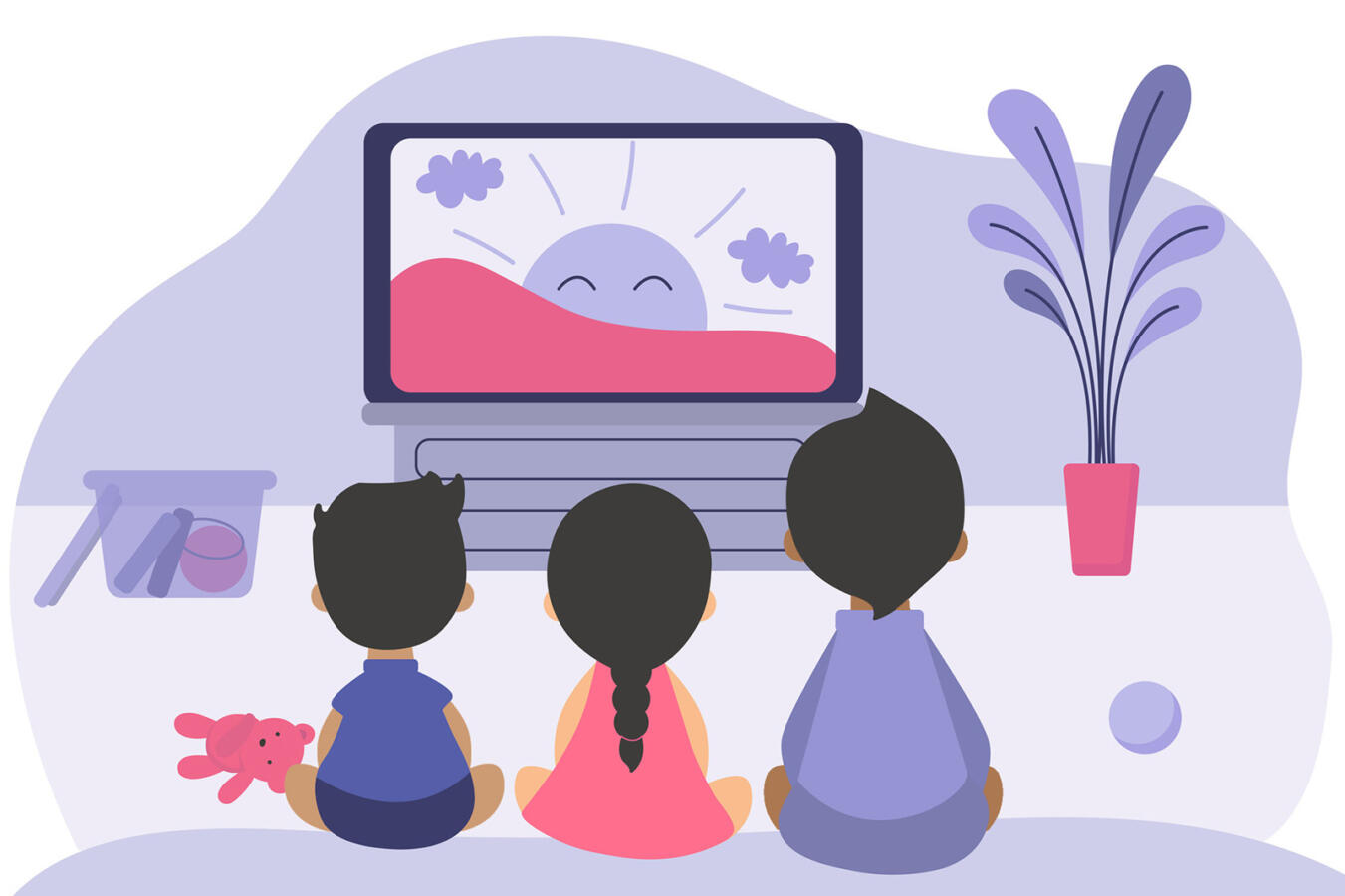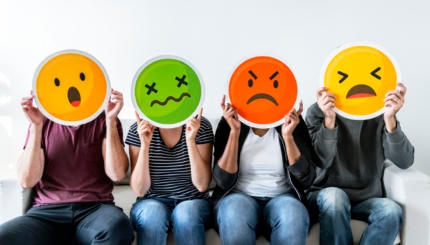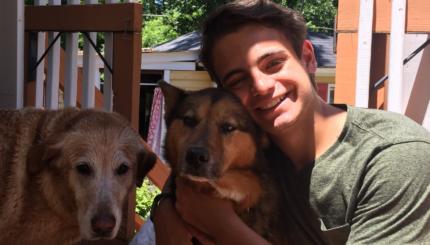It is a well-known fact that children are impressionable. With this fact in mind, it’s not surprising that many of the shows catered towards kids rub off on those watching. Generally, the media tries to make kids’ shows have some sort of moral lesson, however, once kids get to a certain age, this trend seems to fall apart.
Mixed Messages in Media
There are too many to even count. Take the Disney Channel show Jessie, for example, which caters to 6 to 14-year-olds and centers around a nanny and the four children that she is taking care of. Throughout, there is a recurring theme of children being irresponsible and disrespecting adults, who are left to clean up the mess. The questionable messages onscreen aren’t a problem until we take into account that children emulate what they see. Positive role models are vital for proper social development. Even worse, in another childhood TV show “Regular Show,” shown on the Cartoon Network, new words like “pissed” and “screwed” were staples, going as far as showing characters drinking beer to the point of sickness. In a study about the promotion of disrespect in children’s media, the findings showed that on average, there is one disrespectful act shown per minute across eighteen episodes of a handful of Nickelodeon and Disney shows.
Lies, Lies, Lies
Stereotypes and false expectations are nothing new. We already know that these generalizations about people and experiences are harmful to us. Yet, in TV and movies, they are still used constantly to establish a character’s relationship to their surroundings quickly and easily. “This isn’t only an issue about respect, but also about socialization.” says Kate, an intern at HereNow. “The way these shows like to talk about middle school made it seem like a dystopian world where everyone is split into different groups and forced to fight to the death. In reality, while some schools may be cliquey, people really aren’t fighting to the death. I remember sitting down with my therapist and talking through all my worries about going to middle school. I was worried about getting lost and the 8th graders bullying me, about being late to classes, mean teachers, and more. While there will always be teachers that grate on peoples nerves, the majority of my worries never came to fruition. I remember asking an 8th grader where my classroom was and the 8th grader walked with me down the hall until we found it.
My understanding of middle school from Disney was completely different from reality. I understand this may be different in many schools, however I feel that many of the problems in my school were rooted in children trying to copy what they saw on TV.
What messages are the media putting out there for young people? And more importantly: what can we do about it?
Out in the world, we have many messages being thrown at us. It’s up to all of us to weed out the good influences from the bad ones and act accordingly. Think critically about what you’re watching, and ask any younger people who may be watching with you the same things. Here are some starter questions and thinking prompts so that you’re not just watching passively.:
- Is what the main character doing the right thing? Is that the way to behave?
- Are those characters self-justifying terrible actions and behaviors?
- What kind of judgment is that character passing onto the other? Why is that okay or not okay?
- What would you have done differently if you were in that situation?
Happy watching, but this time, remember to think critically!






